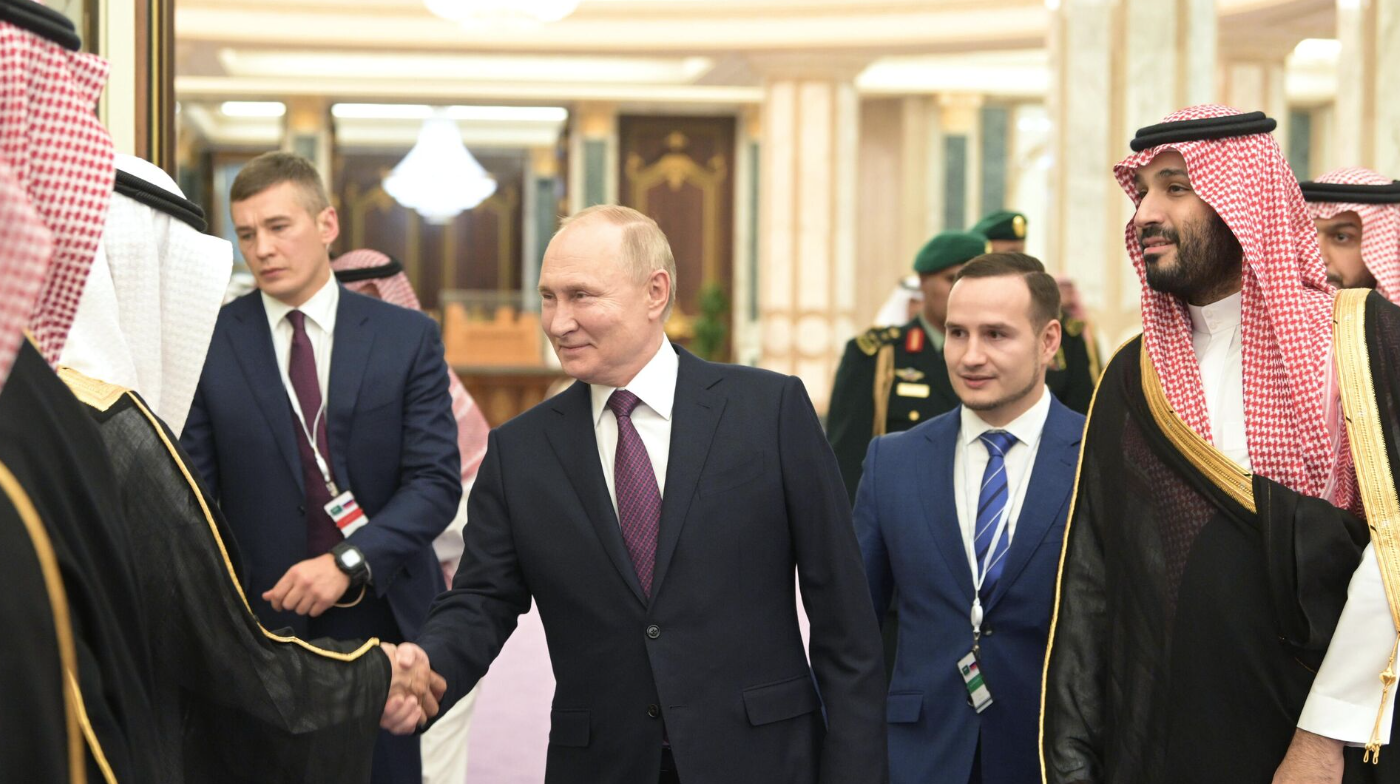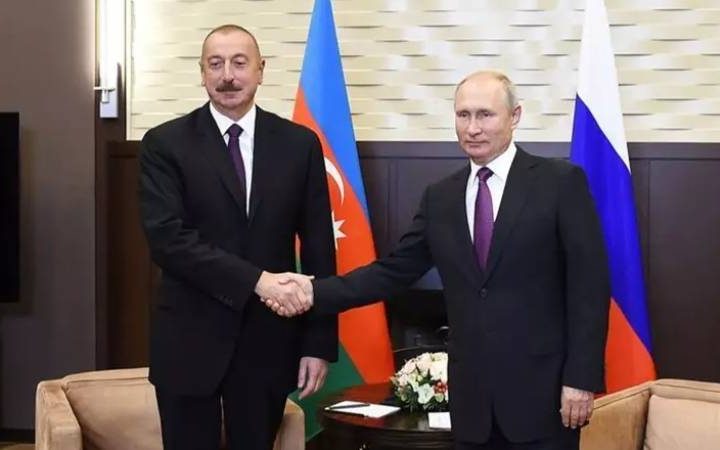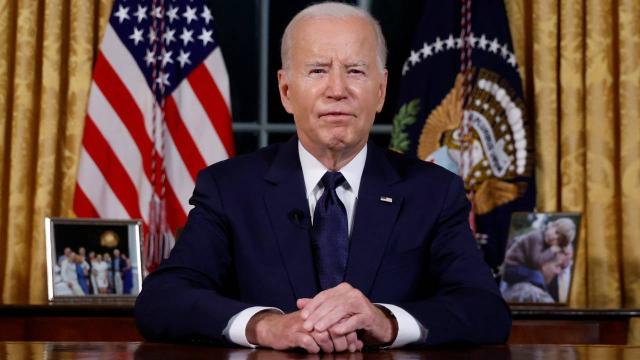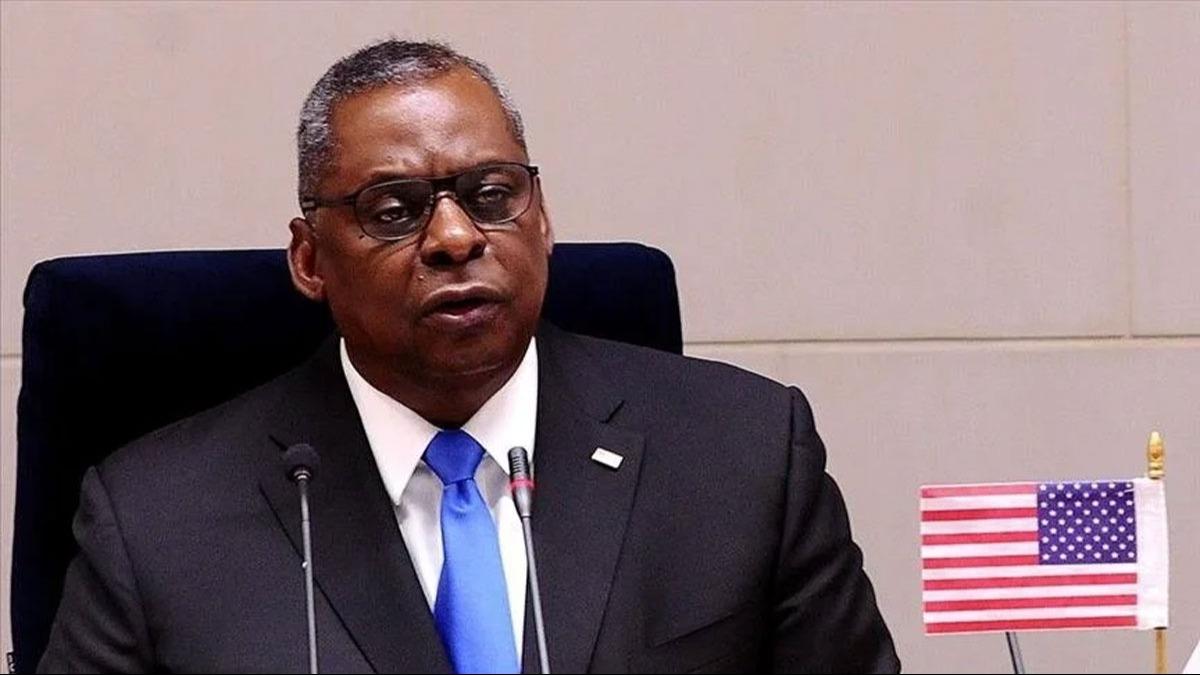This article focuses on three main pillars of Russia’s policy. First, ensuring security and defense; second, building Greater Eurasia; and third, creating an enabling environment for Russia to realize its technological transformation and lead technological breakthroughs at the international level.
Recently, Russia has been pursuing an increasingly assertive foreign policy, taking steps to position itself as a powerful actor vis-à-vis the West. The first clear example of this change was its direct intervention in the Syrian Civil War. Russia, which showed a special interest in the Middle East during the Cold War, has made strong moves to increase its influence in the region, which it considers as its immediate neighborhood.
The center of Eurasianist thought, to which President Putin attaches great importance, discussed Russia’s Middle East policy at a conference held at the Valdai Discussion Club. The conference discussed Russia’s risks and opportunities in the region and was followed by a report written by Konstantin Truevtsev.
Security Policy:
The Putin administration is determined to shape the security dynamics in the region by intervening in various crisis zones in the Middle East. In this context, the Syrian civil war is a prominent example. Russia’s support for the Assad regime in Syria has consolidated Russia’s position as a regional power and increased its influence in the region. At the same time, the strategic alliance with Iran plays an effective role in changing the balance in the Middle East.
Iran and the Persian Gulf After the end of the Syrian conflict, the Persian Gulf will find itself at the center of the Middle East. Finding a comprehensive solution to Persian Gulf security issues is a key element of Russia’s Middle East policy. Not long ago, Russia’s proposals to create a collective security system in this region were considered utopian, but today they have regained relevance as most regional and global actors appreciate the initiative.
Saudi Arabia focuses on achieving its comprehensive structural economic goals through strategic cooperation with Russia. Agreements, especially in the energy sector, are an important factor supporting Saudi Arabia’s economic reforms. However, given that the conflict in Yemen is an obstacle to economic reforms, Russian diplomatic efforts could help in this regard. Riyadh’s withdrawal from Yemen could allow Russia to play an active role in the creation of an international security space in the region.
Russia’s potential to act as part of a collective defense system in the Persian Gulf could be an important step in resolving conflicts in the region. This could bring economic and political advantages to regional countries such as Syria, Lebanon and Jordan.
Israel and Russia Relations: Diplomacy, Economy and Security
One of Russia’s priorities in the Middle East is the strengthening of relations with Israel. Israel’s growing cooperation with other countries in the region emphasizes the balancing nature of Russia’s policy. Strong cultural and historical ties between the two countries can increase the potential for cooperation in key areas of the 21st century (IT, digital economy, artificial intelligence).
However, given Israel’s strong alliance with the United States, Russia needs to carefully balance this relationship. The fact that Russia is the only global power with which Russia can cooperate on the Palestinian issue offers an opportunity for conflict resolution in the region. Russia’s adoption of a neutral position in the Israeli-Iranian conflict in Syria could prevent the escalation of conflicts in the region.
Egypt and Russia Relations: Financial Dependence and Technological Progress
One of the important factors shaping Egypt’s Middle East policy is its financial dependence. Being financially dependent on the US, Saudi Arabia and the UAE, Egypt is limited in making independent decisions. However, cooperation with Russia in the fields of high technology, digital transformation and artificial intelligence can contribute to Egypt’s scientific and technological development. Cooperation in this area could be a significant advantage for Russia in the current circumstances.
Maghreb Countries and Russia: The Libyan Conflict and Challenges for Cooperation
The conflict in Libya is a factor straining Russia’s relations with the Maghreb countries. Cooperation initiatives with these countries face economic and political risks due to the lack of direct contact. However, cooperation in selected areas, especially with countries such as Algeria or Morocco, is possible in an environment where attention should be paid to tensions between the conflicting parties.
Economic Relations and Energy Diplomacy:
The Middle East is known for its rich energy resources, which creates economic opportunities for Russia. The Putin administration has established close economic ties with the countries of the region through the energy sector and deepened economic ties through energy agreements. The oil and gas trade strengthens Russia’s economic ties with the countries of the region and allows it to establish strategic energy cooperation.
Strategic Cooperation and Diplomatic Relations:
One of the cornerstones of Putin’s Middle East policy is strategic cooperation and diplomatic relations. In this context, agreements with Turkey, especially the sale of S-400 air defense systems, are important steps affecting the regional balance. Moreover, diplomatic relations with countries such as Israel and Saudi Arabia are indicative of an effort to shape not only the regional balance but also the political developments in the region.
Western Presence and its Future: The Western presence in the Middle East should be assessed in light of the changes in US policy priorities. Russia can take advantage of this situation and play a more active role in the Middle East. However, given that the United States will maintain its military presence in Qatar and the Gulf states and will continue its strategic cooperation with Israel, it may be difficult for Russia to compete with the United States in these regions.
Putin’s Middle East policy is a reflection of Russia’s efforts to maintain its presence as an influential actor in the global arena, given the region’s complex security dynamics, economic potential and strategic importance. The multifaceted policy it pursues in the fields of security, economy and strategic cooperation not only has the potential to influence the balances in the region, but also makes a significant contribution to the dynamics in international relations. In this context, Russia’s Middle East policy is a strategic step towards increasing its importance and influence in global politics.





